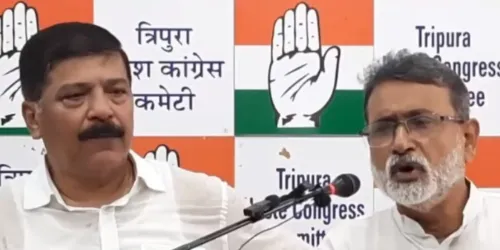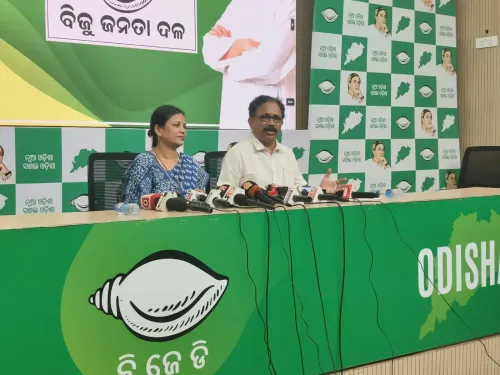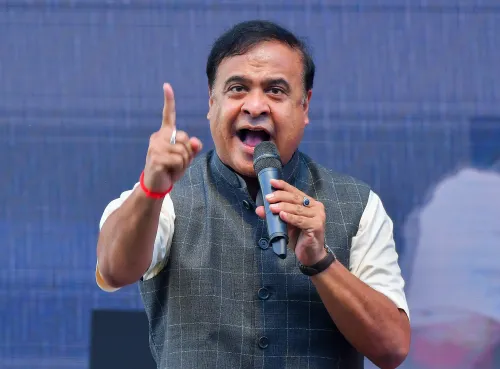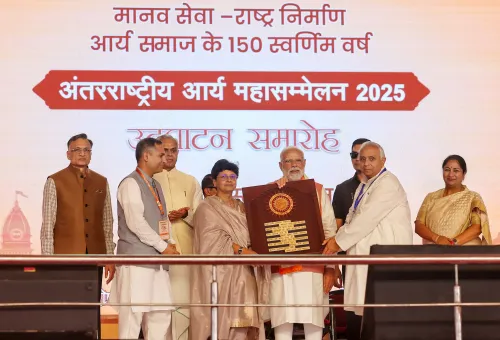WPI Inflation in India Declines to 1.89% in November
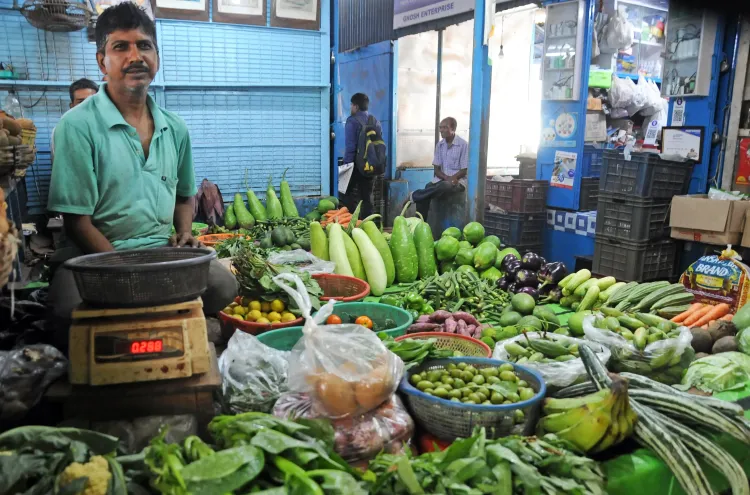
New Delhi, Dec 16 (NationPress) India's annual inflation rate, calculated using the Wholesale Price Index (WPI), has dropped to 1.89% in November, down from 2.36% in October. This decrease can be linked to a slowdown in food price increases due to the arrival of new crops in the market, as reported by the Commerce and Industry Ministry on Monday.
According to an official statement, "The positive inflation rate in November 2024 is mainly due to increases in the prices of food articles, food products, other manufactured goods, textiles, and machinery & equipment."
Food inflation saw a decrease to 8.29% from 11.59% in October, as vegetable prices, which had previously surged by as much as 63%, rose by a more modest 28.57% this month. For example, onion prices experienced a slight increase of only 2.85% in November compared to 39.25% in October.
Moreover, fuel prices fell by (-) 5.83% during the same period, contributing to the overall moderation in inflation.
The inflation rate for manufactured goods increased to 2% in November, rising from 1.5% in October.
It's important to note that wholesale price inflation directly impacts CPI inflation, as lower wholesale prices typically lead to reduced retail prices.
Recent official statistics indicated that India's retail price inflation dropped to 5.48% in November, providing some relief to household budgets as food price increases moderated.
This easing of inflation represents a shift from the previous two months, during which the inflation rate peaked at 6.21% in October.
This reduction in inflation is particularly significant, as it was the first occasion that retail inflation exceeded the RBI's upper threshold of 6% in October. The RBI is anticipating a return to a 4% inflation rate on a sustainable basis before considering interest rate cuts to stimulate growth.
Earlier this month, the Reserve Bank of India (RBI) reduced the cash reserve ratio (CRR) for banks by 0.5% percentage points to enhance the availability of funds for lending aimed at boosting economic growth, while keeping the key policy repo rate steady at 6.5% in consideration of inflation.
The CRR was decreased from 4.5% to 4%, which is expected to inject Rs 1.16 lakh crore into the banking system and reduce market interest rates.
This monetary policy decision seeks to strike a careful balance between managing inflation and promoting growth in a slowing economy.
In his latest comments on monetary policy, former RBI Governor Shaktikanta Das stated, "India's growth narrative remains strong. Inflation is on a downward trajectory, but we must not underestimate the considerable risks ahead. This risk should not be dismissed."
He expressed optimism regarding the economic outlook, noting that "the balance between inflation and growth is well positioned."

